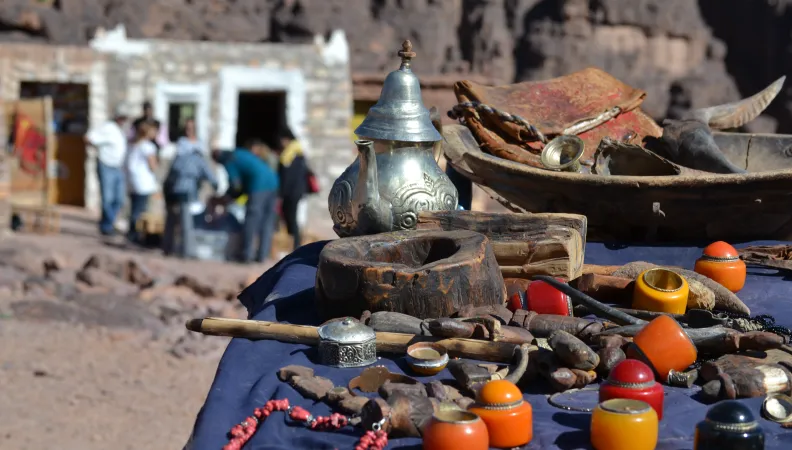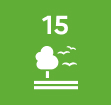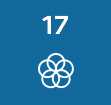Share the page
Promoting the emergence of North African civil society organisations working on biodiversity (PPI OSCAN 3)
Project


-
Project start date
-
Status
Completed
-
Estimated date of project termination
-
-
Project financing date
-
-
Financing duration
-
3.5 years
-
Type of program
-
PPI
-
Global financing amount
-
€ 2 900 000
-
FFEM financing amount
-
€ 1 300 000
-
Project lead member institution(s)
-
French Ministry for Ecological and Inclusive Transition (MTES), Ministry for Europe and Foreign Affairs
-
Country and region
-
Tunisia, Morocco, Algeria, Libya
-
Type of financing
-
Partners
-
Cofinancing by beneficiary project sponsors (NGOs), MAVA Foundation for Nature, Sigrid Rausing Trust
-
Beneficiaries
-
Centre for Mediterranean Cooperation at the International Union for Conservation of Nature (IUCN)


Biodiversity conservation requires everyone to be involved, especially actors working on the ground. By supporting environmental projects, led by up-and-coming CSOs, this programme plays an important role in strengthening the action and sway of North African civil society.
Context
Launched in 2014 by the FFEM, the North African Small-scale Initiatives Programme (PPI OSCAN) promotes and supports small-scale biodiversity conservation projects in Algeria, Libya, Morocco and Tunisia.
Assessment of the second phase further demonstrated the relevance and effectiveness of this programme. This unique approach, with a strong emphasis on support and skill-building for actors on the ground, has inspired greater involvement by CSOs in public debate and has contributed to tightening environmental policy in the countries concerned. The third phase will serve to consolidate these achievements, widen their impact and extend support to other beneficiaries.
Description
The project has four components:
- Effectively and efficiently implementing and managing CSO-led biodiversity conservation projects on the ground.
- Improve CSOs’ long-term technical, organisational and institutional efficiency when leading projects on the ground by enhancing the capabilities at emerging CSOs, while professionalising and empowering their more well-established colleague organisations.
- Fostere relationship- and network-building between CSOs and ensuring dialogue and coordination are maintained with their respective governments as well as with other financing partners.
- Achieve recognition of the results obtained through the capitalisation, presentation and dissemination of lessons learned and best practices from the programme.
Outcomes
- Selecte, contracte, monitoring and management of 12 medium-sized projects (average budget €50,000) led by recognised CSOs and 25 small initiatives (average budget €25,000) led by up-and-coming CSOs, following two calls for projects.
- Achieve of the expected results within the agreed timeframe, i.e. 24-30 months after implementation for medium projects and 18-24 months for small projects.
- Disseminate of results and awareness-raising among North African civil society, administrations and technical and financial partners.
Innovative and exemplary features
This programme is unique in that it combines offering financial support to small initiatives led by up-and-coming CSOs in North Africa, with capability-building actions and "close" support on the ground. It’s this approach that helps cement the legitimacy of each CSO and confers a certain sustainability on its work.
Another innovation resides in choosing a regional approach, instead of developing a programme of small grants by country. This fosters relationships between peers and builds up a network of actors, which in turn facilitates capitalisation of best practices.
Sustainable Development Goals
ODD15 Life on land

ODD17 Partnerships for the goals



